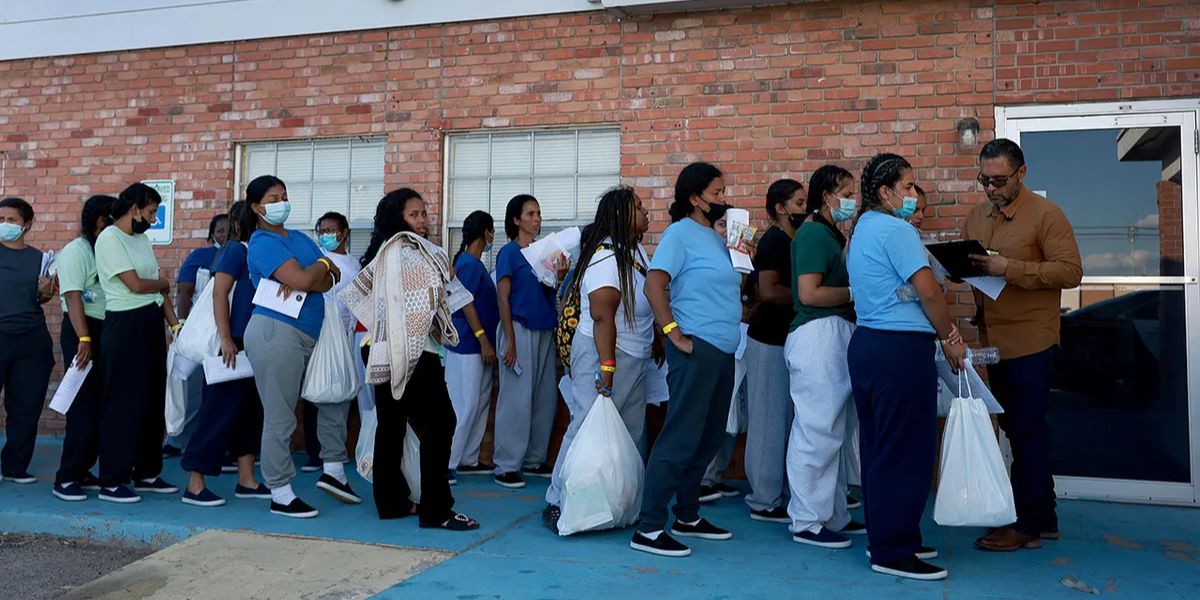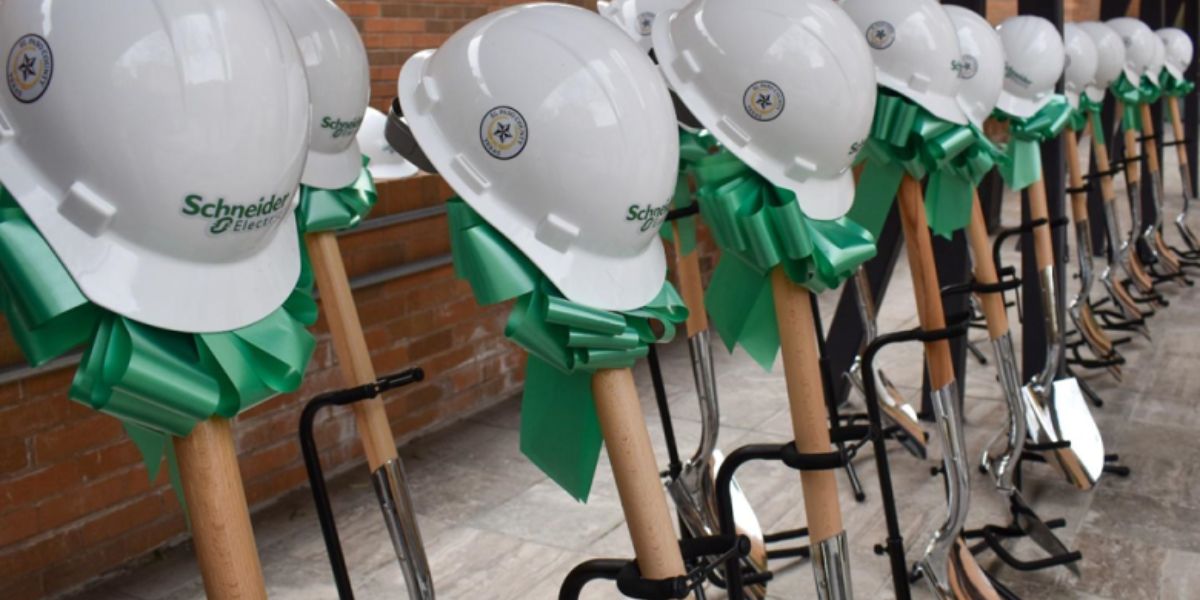El Paso, TX – For immigrant families in El Paso, the journey doesn’t end when they cross the border; it often marks the beginning of a new chapter full of challenges and opportunities. After experiencing trauma — whether from displacement, loss, or the overwhelming process of resettling — building support networks is crucial for emotional survival and long-term success.
In a city with a rich cultural history and a growing immigrant population, families are coming together to create bonds of trust, resilience, and shared strength that help them navigate the difficulties of adjusting to a new life. Here’s how immigrant families in El Paso are building those networks after crisis, and how local organizations are playing a key role in supporting them.
Table of Contents
Overcoming Isolation Through Community Connections
For many immigrant families, the initial period of resettlement is marked by isolation — from family, culture, and, in some cases, language. These challenges often intensify after a crisis, such as natural disasters, violence, or political upheaval. Social isolation is a key stressor that can exacerbate feelings of depression, anxiety, and frustration.
However, El Paso’s immigrant communities have a long tradition of mutual aid and family support networks. Extended families often play a foundational role, but neighborhoods and faith-based organizations are also vital for creating spaces where families can connect, share experiences, and offer support.
Miguel Ortega, a family resilience planner and support practitioner based in El Paso, explains:
“After crisis, immigrants often turn to each other for strength. They create informal networks based on shared experience, language, and culture. These networks become lifelines — emotional, logistical, and sometimes financial.”
Faith-Based Communities as Pillars of Support
Faith-based organizations have long been a cornerstone for immigrants seeking refuge and connection. In El Paso, churches, mosques, and synagogues provide more than just spiritual support — they offer safe spaces for families to share experiences and access resources.
For example, La Iglesia de Dios Pentecostal and The Islamic Center of El Paso host community meals, parenting workshops, and financial assistance programs that help immigrant families establish stability after crisis. These spaces serve as “homes away from home” where families can rebuild their sense of belonging.
“Faith communities don’t just offer solace; they give immigrants a sense of control over their future,” says Ortega. “They’re centers of emotional resilience, but also of practical support.”
Nonprofit Organizations: Bridging Gaps in Services
Nonprofits in El Paso also play a critical role in supporting immigrant families during recovery. Project Vida, Centro San Vicente, and Familias Unidas provide comprehensive services including legal aid, health screenings, housing support, and mental health counseling — all aimed at helping immigrants regain a sense of security and normalcy.
These organizations not only meet immediate needs but also help families navigate bureaucratic systems such as immigration services, education enrollment, and healthcare access. By doing so, they create the foundation for long-term stability and community integration.
Programs like The Borderland Immigrant Support Network (BISN) in El Paso offer immigrants a place to ask questions, learn about their rights, and gain assistance in emergencies. Through BISN, families also connect with others who have faced similar struggles, creating peer support groups that nurture both practical and emotional needs.
“The immigrant experience is about more than survival,” says Ramos. “It’s about finding community and giving each other the strength to keep going.”
Cultural Exchange and Shared Resources
Beyond formal support services, cultural exchange and shared resources strengthen immigrant communities’ ability to bounce back after trauma. In El Paso, community groups often organize cultural festivals, language classes, and skill-sharing workshops that allow immigrant families to both preserve their cultural heritage and connect with the broader community.
These events celebrate cultural diversity while providing a space for families to connect and share stories. For many, these gatherings offer an opportunity to reclaim their identity, even after experiencing the pain of displacement or crisis.
“It’s healing to see your culture valued by others,” Ortega explains. “It reminds families they’re not just survivors — they’re a vital part of the community.”
Peer Mentorship and Shared Knowledge
One powerful way immigrant families build support is through peer mentorship. In neighborhoods and community organizations across El Paso, immigrant parents often connect with others who have been in the U.S. longer and are more familiar with local systems.
Peer mentors provide crucial guidance on everything from accessing healthcare to understanding public transportation. They also help new arrivals manage emotional challenges, such as homesickness or grief, by offering firsthand advice and shared wisdom.
In programs like El Paso’s Bridge of Understanding, mentors and mentees share stories of adaptation and resilience, empowering each other to navigate difficulties. This sharing of lived experience builds collective resilience, as newer immigrants learn from the strength and strategies of those who have already faced the challenges they now encounter.
The Role of Language Access and Bilingual Services
In a bilingual city like El Paso, language is both a challenge and a bridge. Many immigrants in El Paso speak Spanish or indigenous languages, which can create barriers to accessing resources or participating in community events. To address this, many local organizations offer bilingual services, ensuring that immigrant families can communicate freely and access critical support.
By providing materials, counseling, and legal services in multiple languages, these organizations ensure that language does not become a barrier to recovery. Furthermore, bilingual volunteers and community leaders often step up to translate documents, interpret during meetings, and assist in navigating public systems. This service strengthens connections and fosters inclusion.
The Road Ahead: Building Stronger, More Resilient Communities
The recovery of immigrant families in El Paso is an ongoing journey — one rooted in community solidarity, shared resources, and the deep well of resilience. By continuing to build these support networks, El Paso can ensure that immigrant families not only survive, but thrive after crisis.
“When we build networks of care, we build communities that are unbreakable,” Ortega says. “And that’s how we truly heal after trauma — together.”
What do you think?
How has your community supported immigrant families during times of crisis? Share your thoughts or personal experiences in the comments below and explore more community resilience stories at reachviolenceprevention.org.









